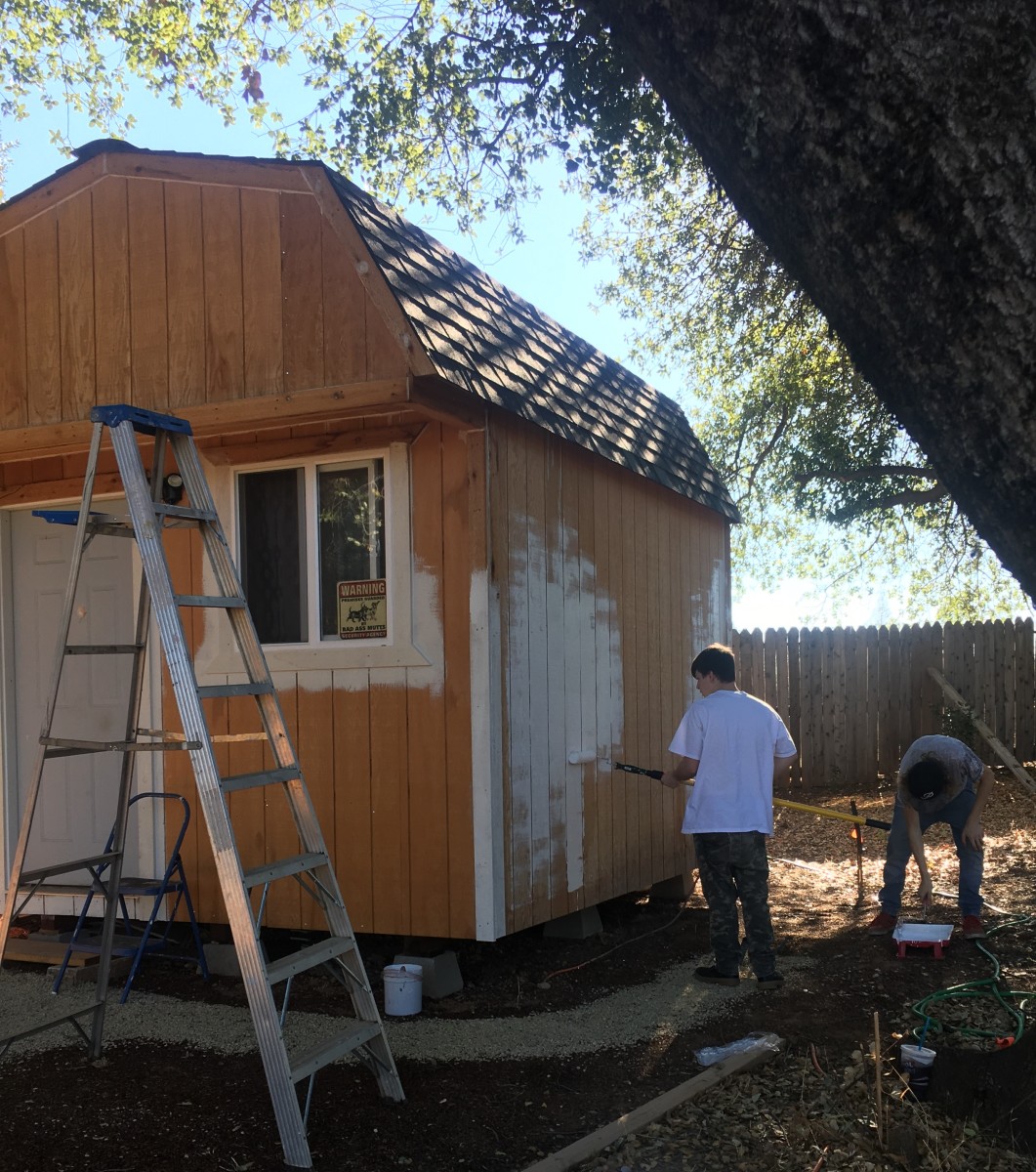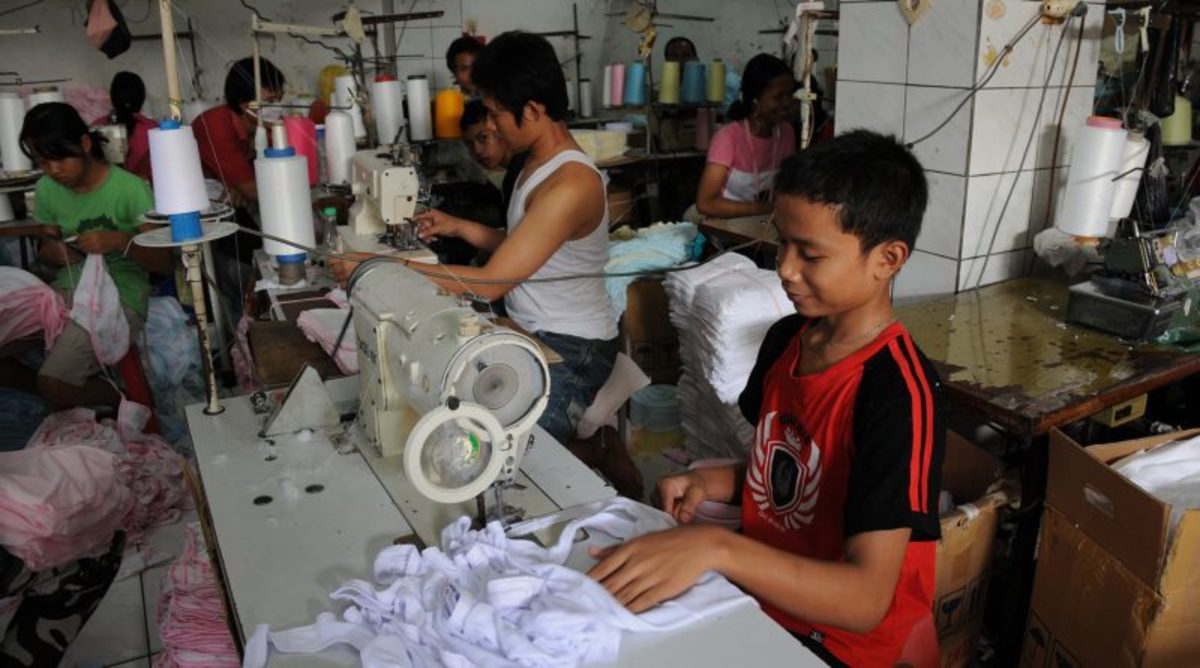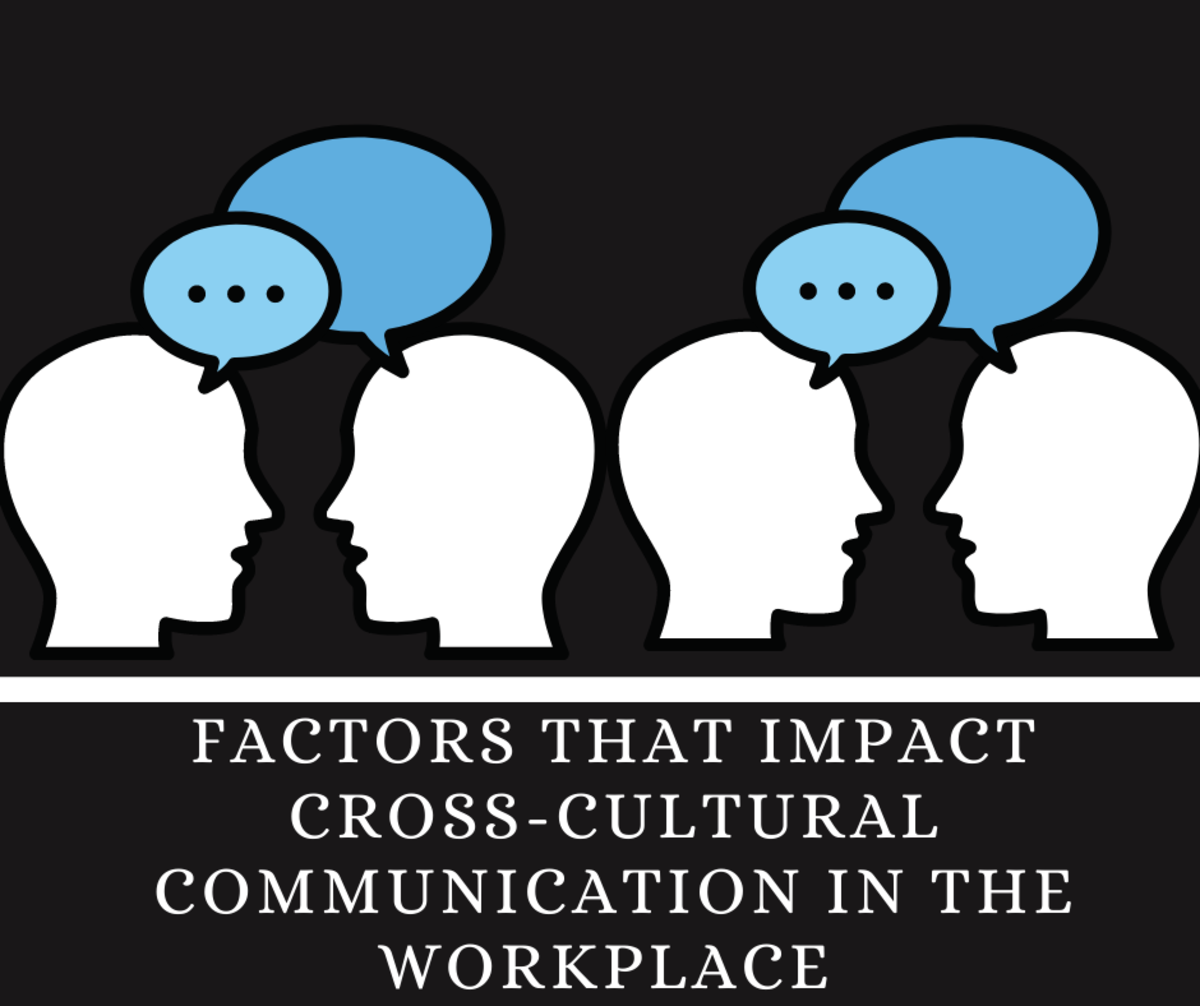At what age can a child work?

In this final proposal I would like to discuss the issue of minors working in the work force. Employers are quick to hire minor employees but what they don’t consider is the restrictions that go along with the new employee. I am going to discuss the possible standards and give a definition of the issue of minors working in the field. I am also going to identify the laws pertaining to hiring minors, and list the consequences of not following or abiding by the child labor laws.
“A minor"is defined as any person under the age of 18 years required to attend school under the provisions of the Education Code, and any person under age six (dir.ca.gov). When summertime is in full swing, many employers swell the ranks of their staff with minors under eighteen years of age. Young individuals are ambitious, eager, and full of energy. They have a lot to learn, and we have a lot to teach them. But when was the last time the company considered what risks it accepts when hiring minors as employees?
Problem Identification
Employers are quick to hire a minor- simply because they can get away with paying the bare minimum wage. “Employers saved $155 million in wages last year by hiring underage children instead of legal workers”( pangaea.org) Why hire someone with experience when an employer can hire a minor and pay them the bare minimum? This saves the employer money.
Here in the United States employers have to adhere to Child Labor laws. In some countries there is no such thing as child labor laws. In some countries children at a young age are forced to work in sweat shops. It is common for big companies set up manufacturing in other countries where cheap child labor is allowed. Recently “Nike” the big shoe company was busted for this (albionmonitor.com)
Employers that Hirer Minors here in the United States have to follow the child labor laws. The hiring process is subject to legal guidelines set out by both federal and state government defining the boundaries for discriminatory hiring practices. Companies may not discriminate in hiring on the basis of sex, age, race, national origin, religion, physical disability, or veteran status. These are called protected classes.
Even though a hiring manager may not screen out any applicant because of membership in a protected class, nor may any interview questions address topics pertaining to the protected class, he or she may not allot to hire minors. Child labor law, enacted by the Federal Government, restricts when children can work, and what jobs they can do. Other child labor law restrictions, regulates the type of positions young workers can hold and the type of work they can do.
The most important piece of information to know about employing minors is that their employment cannot interfere with school. In fact, the Child Labor Law places the burden of enforcing the law not only on the Secretary of Labor and Industry, but also on chief school administrators, home and school visitors, attendance officers, and secretaries of boards of school directors of the school districts, in addition to the police.
Occupations
The general rule is that minors under 16 years of age may not be employed, except in certain occupations enumerated in the Child Labor Law, and under no circumstances may the employment interfere with school. The Child Labor Law is almost laughably specific about the types of occupations in which minors can be engaged. For instance, a minor between the ages of twelve and fourteen years may be employed as a caddy subject to the limitation that he or she carry not more than one golf bag at a time and for not more than eighteen holes of golf in any one day.
Job Limitation
Some jobs may be held by children of any age. Examples are newspaper delivery, performing in radio, television, movie, and theatrical productions, and working in non-hazardous jobs in their parents' non-agricultural business.
Minors are prohibited in jobs that have been declared hazardous by the Secretary of Labor. Hazardous jobs are: manufacturing; storing explosives; driving a motor vehicle; mining; logging; working machines; any jobs that involve exposure to radioactive substances ; and or meat packing or working with meat machinery (Dol.Gov).
In non-agricultural jobs, the minimum age for a child to be eligible to work is 14. Children age 14 and 15 are limited to working outside school hours for no more than 3 hours on a school day. Children age 16 and 17 are not restricted in the number of hours or in the time of day that they may work. (Dol.Gov).
What Hours may a Minor Work?
The following table indicates the hours and schedules minors are permitted to work (see exceptions below):
Age Hrs Per Day, Hrs Per Week, Days Per Week, Begin, Quit
14 - 15 year old , (3 hrs (8 hrs Sat - Sun), 16 hrs, 6 days, 7 a.m., 7 p.m.
This is for a school week.
16 - 17 year old, 4 hrs (8 hrs Fri - Sun),20 hrs,6 days, 7 a.m.
Must be in my 10 p.m. (Midnight Fri - Sat)
This is for a school week.
Requirements
A person age 18 or older may perform any job for unlimited hours. However, employers are required to keep records of the date of birth, daily starting and quitting times, number of hours worked each day and week, and the occupation of any employees under the age of 19. Documentation of the date of birth for anyone you hire who is 18 or under has to be documented (dol.gov).
Penalties
Penalties for violating child labor laws could be civil penalties with an additional penalty for each minor worker, and or revocation of business permit. If death occurs with a hired minorthat does not qualify under the laws, a felony could be charged to the business owner (nextgenzone.org).
Alternative Solutions
The alternative solution for an employer is to just not hire a minor in their place of employment. Minors are subject to rights just like an adult, so if a minor gets hurt on the employers establishment than he or she is subject to workers compensations etc. If an employer does not comply with the child labor laws than he or she can be subject to fines, and or criminal punishment. Minors can do other various jobs that do not imply working for an axial business. They can perhaps babysit, or do yard work in their neighborhood, or even perhaps speak with their parents about doing chores around the house and getting some allowance.
Conclusion
In conclusion employers have to abide by child labor laws here in the United States. Child labor laws were put into effect to protect minors from working long hours, and from working below minimum wage. My final recommendation would be just for employers to not hire minors, or if they do to please comply by child labor regulations, or they will be penalized. For those companies that employ manufacturing in other countries to get away with hiring minors-“I hope you get caught”!
Reference
Foster, David, Kramer Farrell. (1997).Americas secret world of child labor. Retrieved
online July 10th from the World Wide Web:
http://pangaea.org/street_children/americas/AP1.htm
Harsono, Andreas.(1996).Nike accused of “slave” Child Labor. Retrieved
online July 10th from the World Wide Web:
http://www.albionmonitor.com/9606a/nikelabor.html
(2007). Hiring a Minor. Retrieved online July 10th from the
World Wide Web: http://www.acadweb.wwu.edu/hr/employment/InfoForHiringOfficials/HiringAMinorNarrative.shtml
(2010). Information on minors and employment. Retrieved online July 10th from the
world wide web:http://www.dir.ca.gov/dlse/DLSE-CL.htm
Teens at work. Retrieved online July 10th from the
World Wide Web: http://www.nextgenzone.org/walaws.html
(2009) Wages and hours worked: Child Labor protections (non agricultural work).
Retrieved online July 10th from the
World Wide web:http://www.dol.gov/compliance/guide/childlbr.htm










